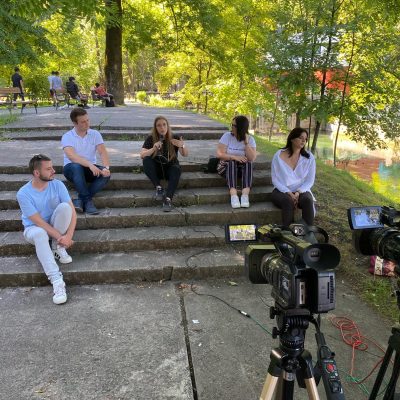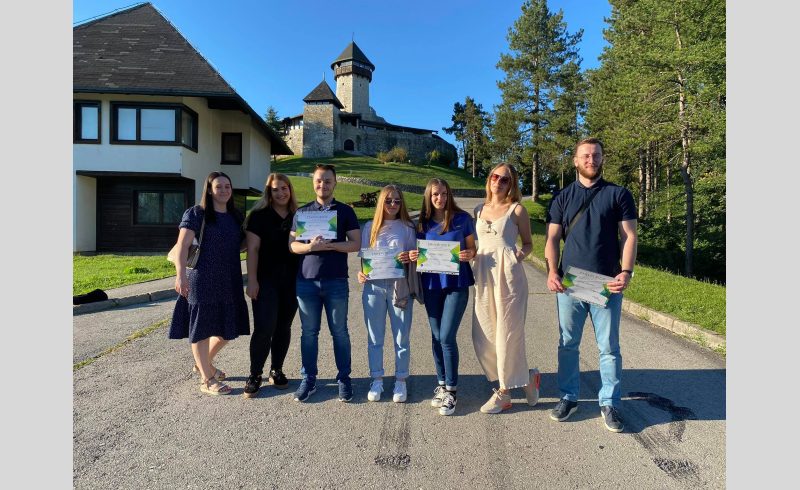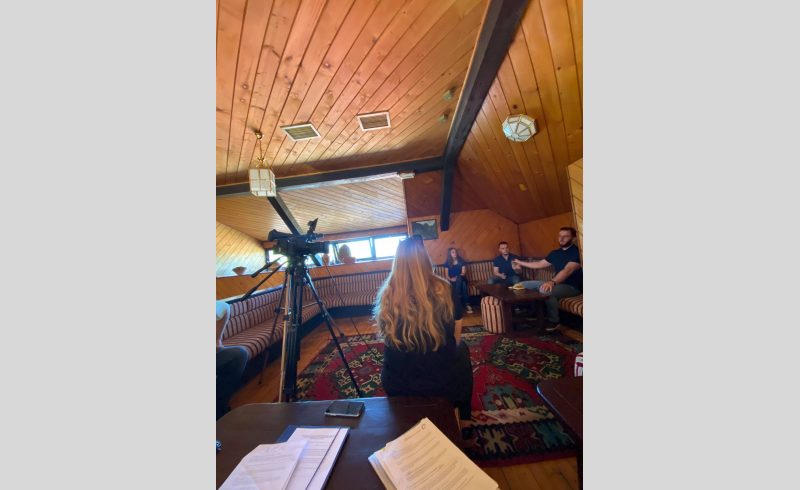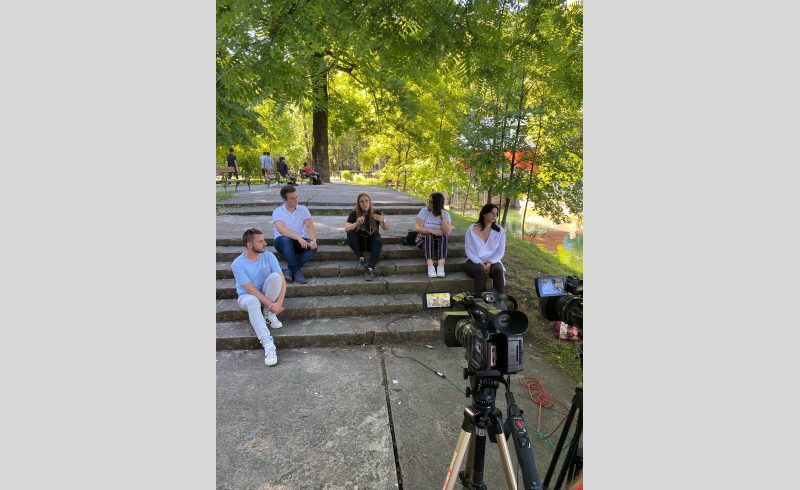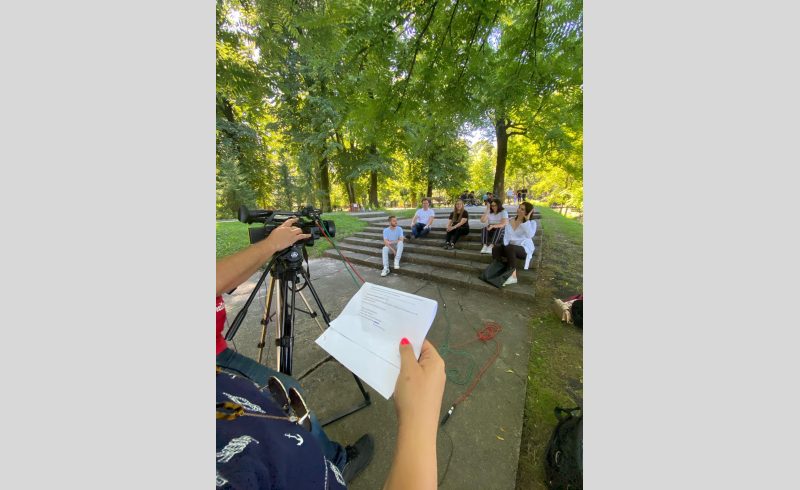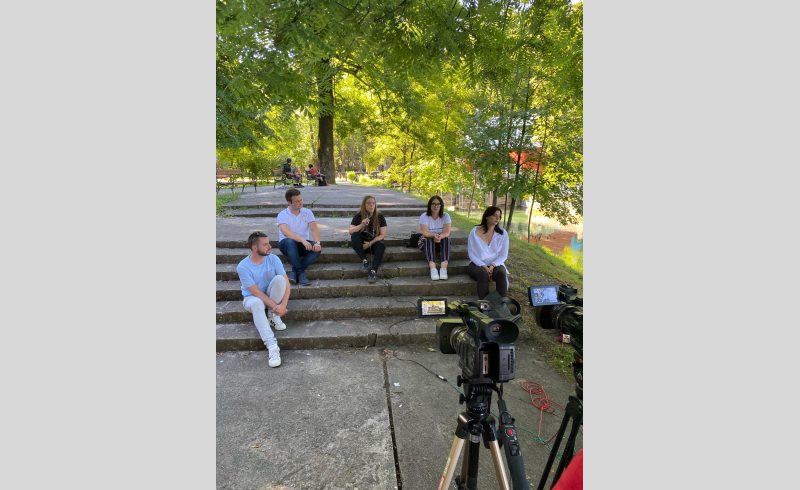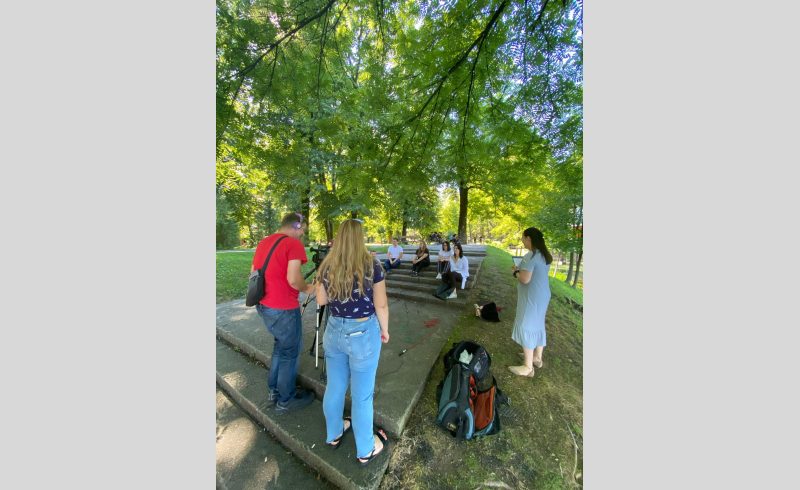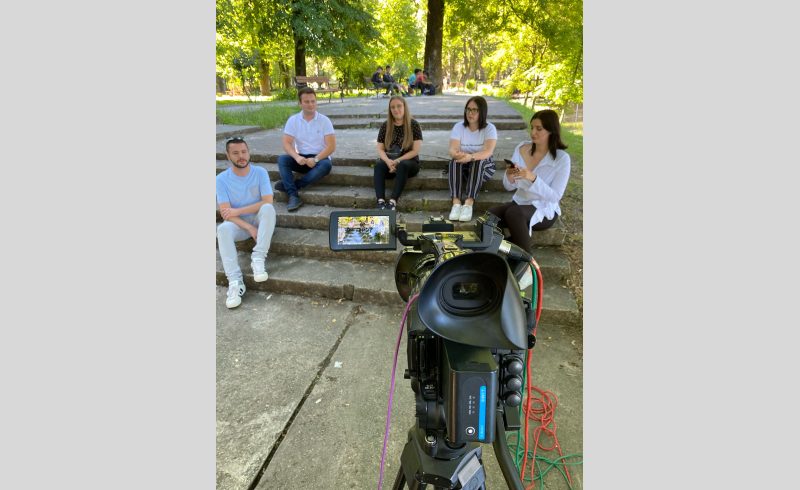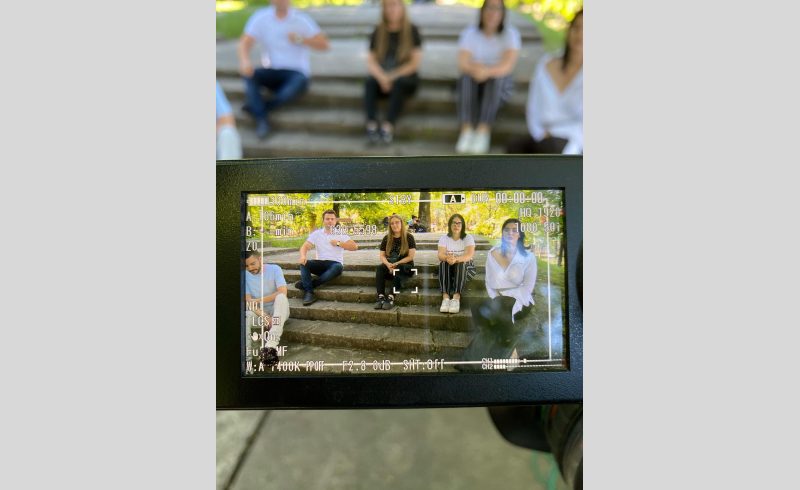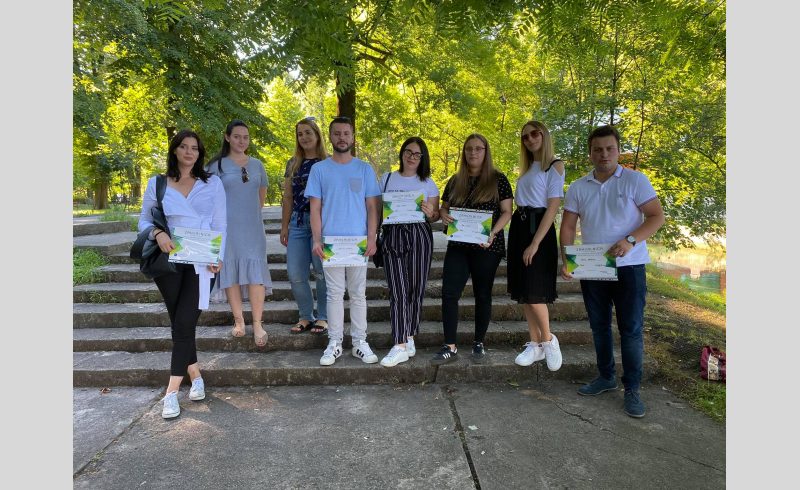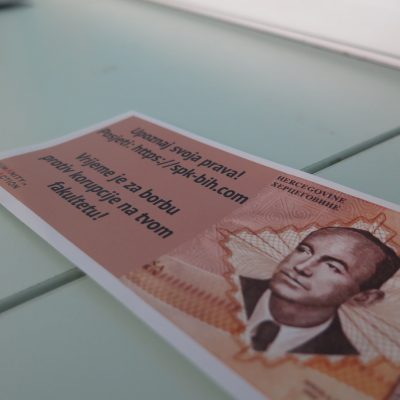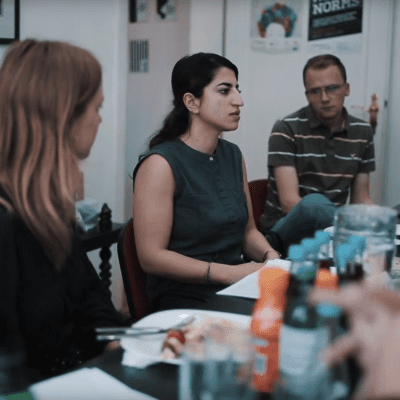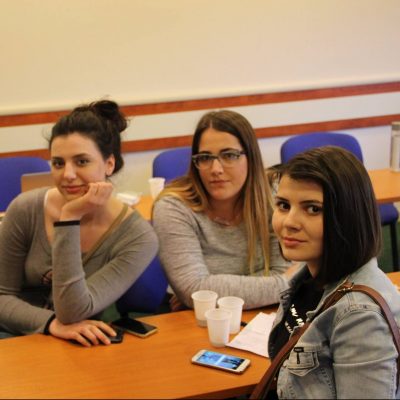Article
The consequences of trans-generational trauma, which arose due to the crimes committed during the war in the Cazin region (Bihać and Velika Kladuša), are mostly left unexplored. Although some efforts have been made to address these issues in academic work, there have been no real projects aimed at directly involving young people experiencing the trans-generational stagnation of the reconciliation process.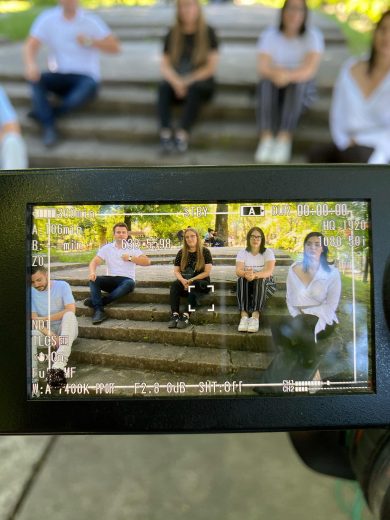
Senior and EDVACAY fellow Lejla Bašić Hrnjić, EDVACAY fellow Majda Alagić, and Senior Fellow Alma Hasanbegović will use an innovative approach to address the current situation and cultural trauma arising from past conflicts in this region – a platform for various forms of conciliatory dialogue, which should prevent young people from succumbing to the established pressure from their environment.
The goal was to gather young people in the open, provide a safe space for dialogue and coping with the burdens of young people living in the region. Participants were engaged in an intensive dialogue and exchange of views on the recent past and the memory of it. They also had the opportunity to record video confessions, write about their experiences, and show their creativity, reporting with the use of plain language instead of an academic analysis of the situation. This will be particularly useful to those young individuals who need to feel accepted in a regular culture and develop a sense of belonging and inclusion. This should facilitate a sense of common identity and further contribute to the reconciliation process. Ultimately, the team wanted to provide the young people in Bihać and Velika Kladuša with a new opportunity to get involved in the past and open a dialogical healing process within the region, which is otherwise completely neglected in terms of resolving trans-generational traumas within activist projects.

